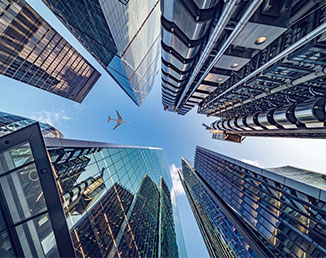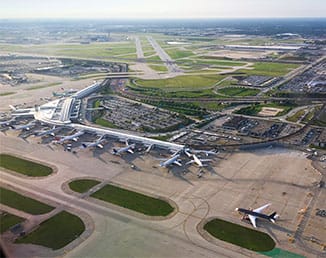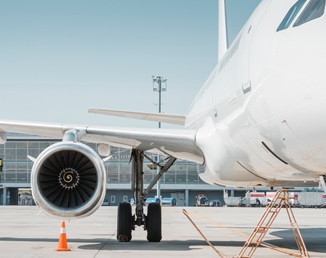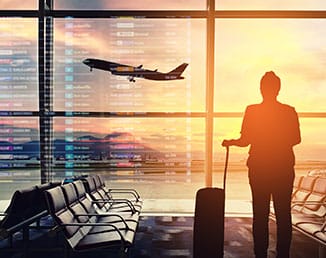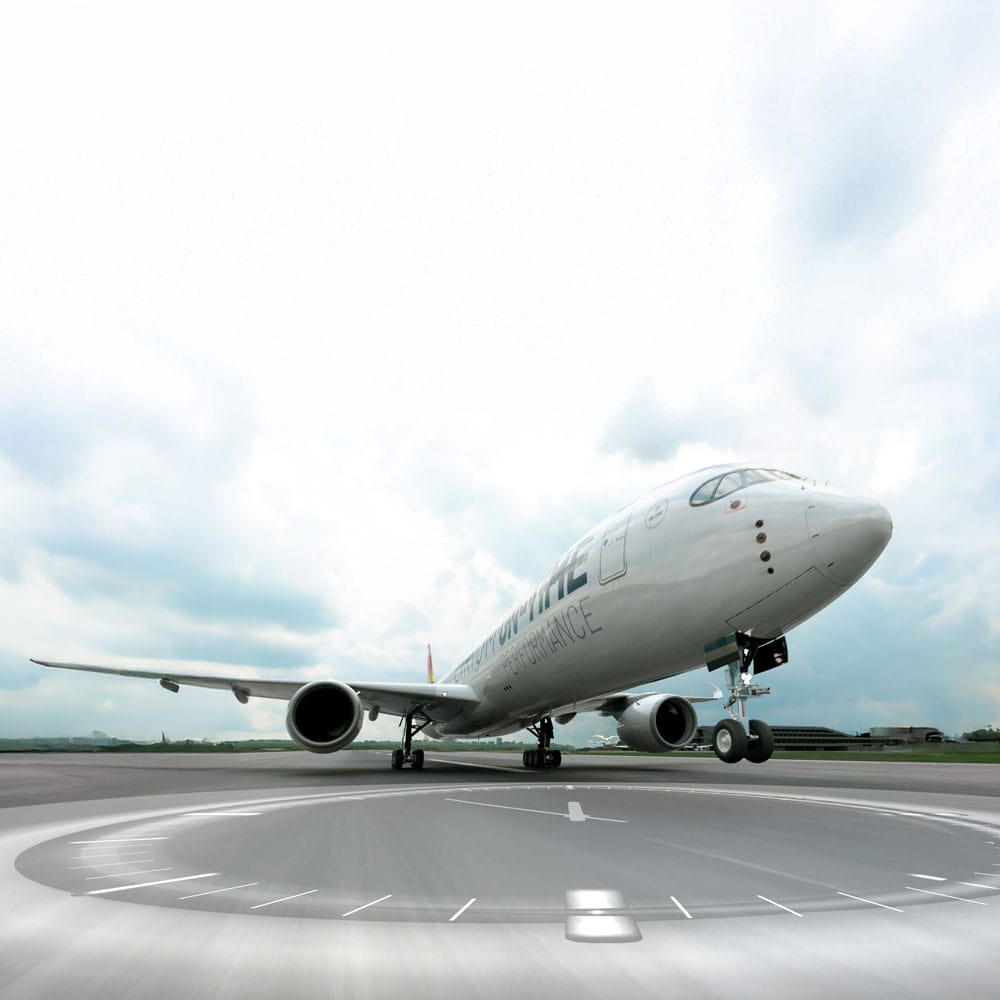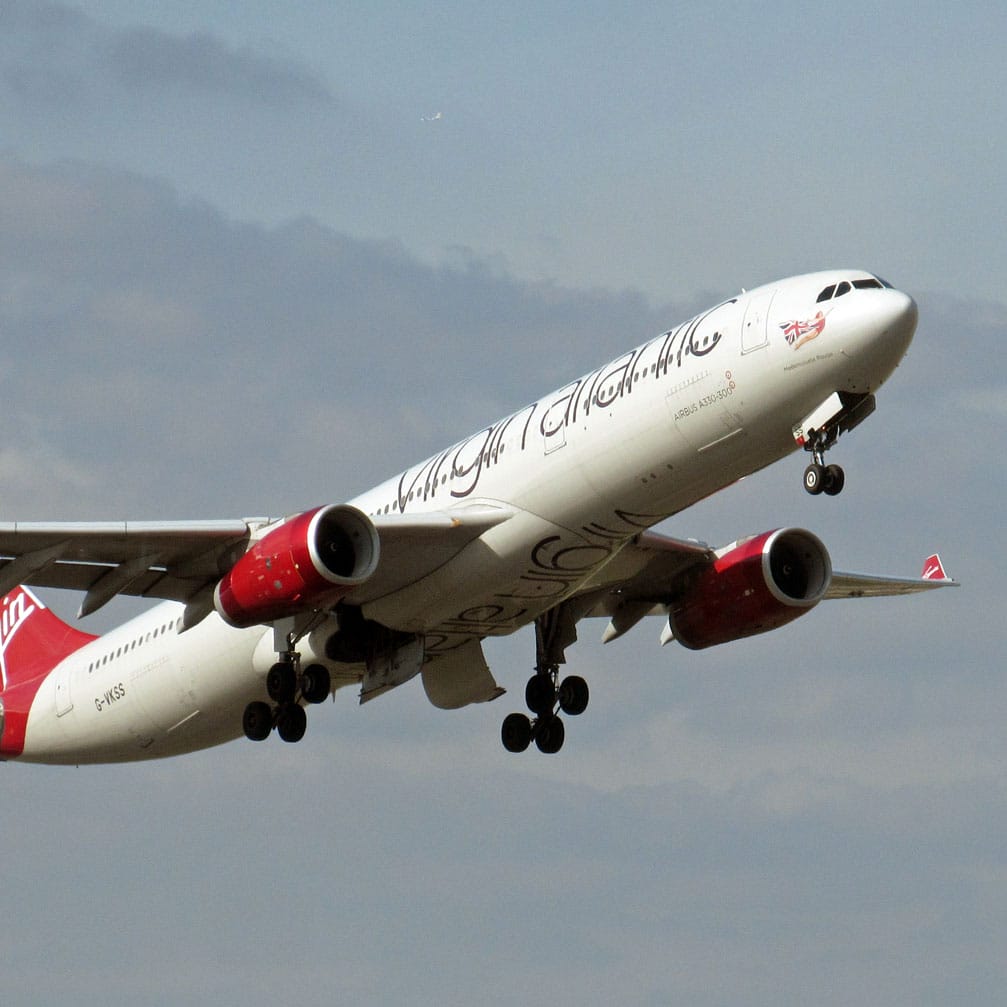
Cirium Ascend Consultancy is trusted by clients across the aviation industry to provide accurate, timely, and insightful aircraft appraisals. The team provides the valuations and analysis the industry relies on to understand the market outlook, evaluate risks and identify opportunities.
Discover the team’s industry reports & market commentaries. Read their latest expert analysis, viewpoints and updates on Thought Cloud.

Toshimitsu Sogabe, Aviation Consultant, Cirium Ascend Consultancy
The US Federal Reserve board has raised interest rates 11 times in a row since March 2022. It announced on May 1 that it would keep the policy interest rate unchanged. This was the sixth consecutive meeting at which there was no change to the federal funds rate target.
Since there is a certain degree of correlation between interest rates and lease rents, it is likely that rising interest rates have contributed to the rise in lease fees. However, there is room for discussion as to whether the increase in lease rent has been sufficient.

Source: Ascend Value Trends, Federal Reserve Economic Data (FRED)
The above chart shows that the market lease rates of Airbus A320neo and Boeing 737 Max jets have reached the $400,000-per-month mark. The lease rate of the A320neo was over $400,000 per month in 2015 but was subsequently on a downward trend before finally recovering to that level this year.
However, a review of interest rates during the same period shows that the yield on the 10-year US Treasury note was much lower in 2015 than the current level.
Similarly, lease rates for the previous-generation 737NGs and A320ceos, whose new-aircraft prices would have been lower by a few million dollars, were at their highest level of over $400,000 per month in 2007/08, yet the yield on the 10-year US Treasury note at that time was again below the current level.
Is the Extent of Lease-Rate Increases Insufficient?
The reasons that lease rates for new aircraft are currently at the same or lower levels than in the past, despite the higher financing costs, are presumably as follows:
(i) While demand for aircraft financing has been increasing, there are not enough sale-and-leaseback opportunities in the leasing market because of a lack of supply of next-generation aircraft, and therefore there has been excessive competition among lessors; and/or (ii) Leasing companies have high expectations for residual values, end-of-lease compensation and maintenance reserves when pursuing a transaction.
As for (i) above, the most recent monthly production rates of Boeing and Airbus highlight a clear shortage of next-generation aircraft. For single-aisle aircraft, Airbus averaged 46 per month in 2024’s first quarter, whereas Boeing averaged 12 in February/March. Although the speculative orders placed by a handful of lessors for the new aircraft were able to secure their pipelines, lessors generally see challenges in securing new aircraft transactions. Some lessors are considering a strategic shift to secure the top line by acquiring mid-life aircraft.
Regarding (ii), it is believed that some lessors are increasing their expectations in anticipating higher residual values at lease expiry as well as lease-end compensations, because of the rising maintenance costs for both next-generation and previous-generation equipment and the fact that the supply of next-generation equipment is not keeping pace with the demand. However, caution is required when considering whether this will become a mid- to long-term trend.
Cirium Ascend Consultancy will continue to monitor market changes in lease rates and any changes in lessors’ approaches to new sale-and-leaseback transactions.


















